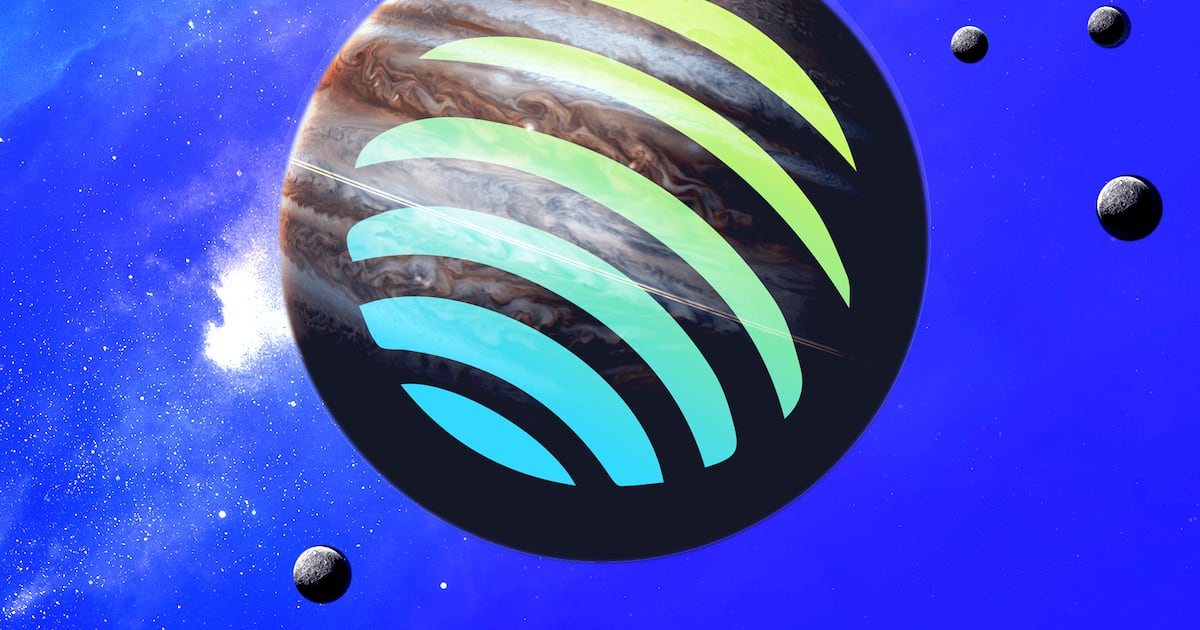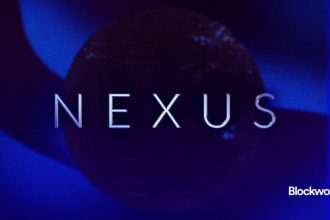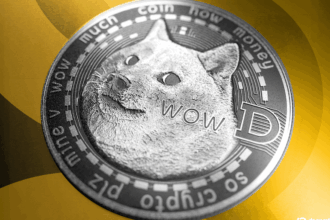The team behind Jupiter, the Solana-based exchange aggregator, has paused the protocol’s governance in response to negative feedback from participants.
On Thursday, Kash Dhanda, a Jupiter team member, announced on X that holders of the JUP governance token will not be able to propose and vote on changes to the protocol until 2026.
“The current DAO structure isn’t working as intended,” Dhanda said. “We hear the complaints. We see the breakdown in trust.”
Jupiter, like many DeFi protocols, was until yesterday governed by a decentralised autonomous organisation, or DAO, a type of crypto collective where holders of the protocol’s governance token propose and vote on changes to it.
DeFi protocols often set up DAOs to decentralise power among a protocol’s users and supporters.
Jupiter’s move to pause DAO voting comes as a blow to the project’s decentralisation, and throws into question the value of its JUP governance token.
The move comes after several Jupiter DAO members complained in recent weeks about the amount of influence the project’s team has over its decentralised governance structure.
Jupiter is the biggest decentralised exchange aggregator on Solana with over $2.3 billion in user deposits.
‘Perpetual FUD cycle’
Jupiter’s decision to pause DAO voting in response to criticism is unusual.
When participants at other DAOs have complained about a lack of decentralisation, project teams have taken measures to address their concerns. But in Jupiter’s case, its team has chosen to make the protocol more centralised by temporarily shutting its governance down.
“We feel the perpetual FUD cycle that grows with every vote,” Dhanda said, using the acronym for fear, uncertainty, and doubt.
Instead of the DAO and Jupiter’s team working in cohesion, they’re stuck in a negative feedback loop, Dhanda said, adding that all stakeholders in the project needed to be “locked in and aligned.”
Hence the DAO voting pause.
Active staking rewards, additional tokens given out to those who lock up their JUP and participate in governance, will continue.
Working groups previously greenlit by a DAO vote will also continue their operations. However, no new DAO-funded groups will be created, and no additional JUP emissions approved, Dhanda said.
Not the only one
Jupiter isn’t the only DeFi project struggling to balance the amount of power afforded to its DAO.
On June 4, Rep. Sean Casten brought up a recent squabble about the level of centralisation in governance at Uniswap DAO, the collective that governs the Ethereum decentralised exchange, during a congressional hearing.
In April, Steven Goldfeder, CEO of Offchain Labs, the firm behind the Arbitrum blockchain, addressed Arbitrum DAO members complaining about a lack of decentralisation.
“The Arbitrum DAO has historically confused decentralisation with direct democracy,” he said. “The fact that the power stems from the DAO doesn’t mean that the DAO should directly vote on what brand of toilet paper is used at Arbitrum events.”












